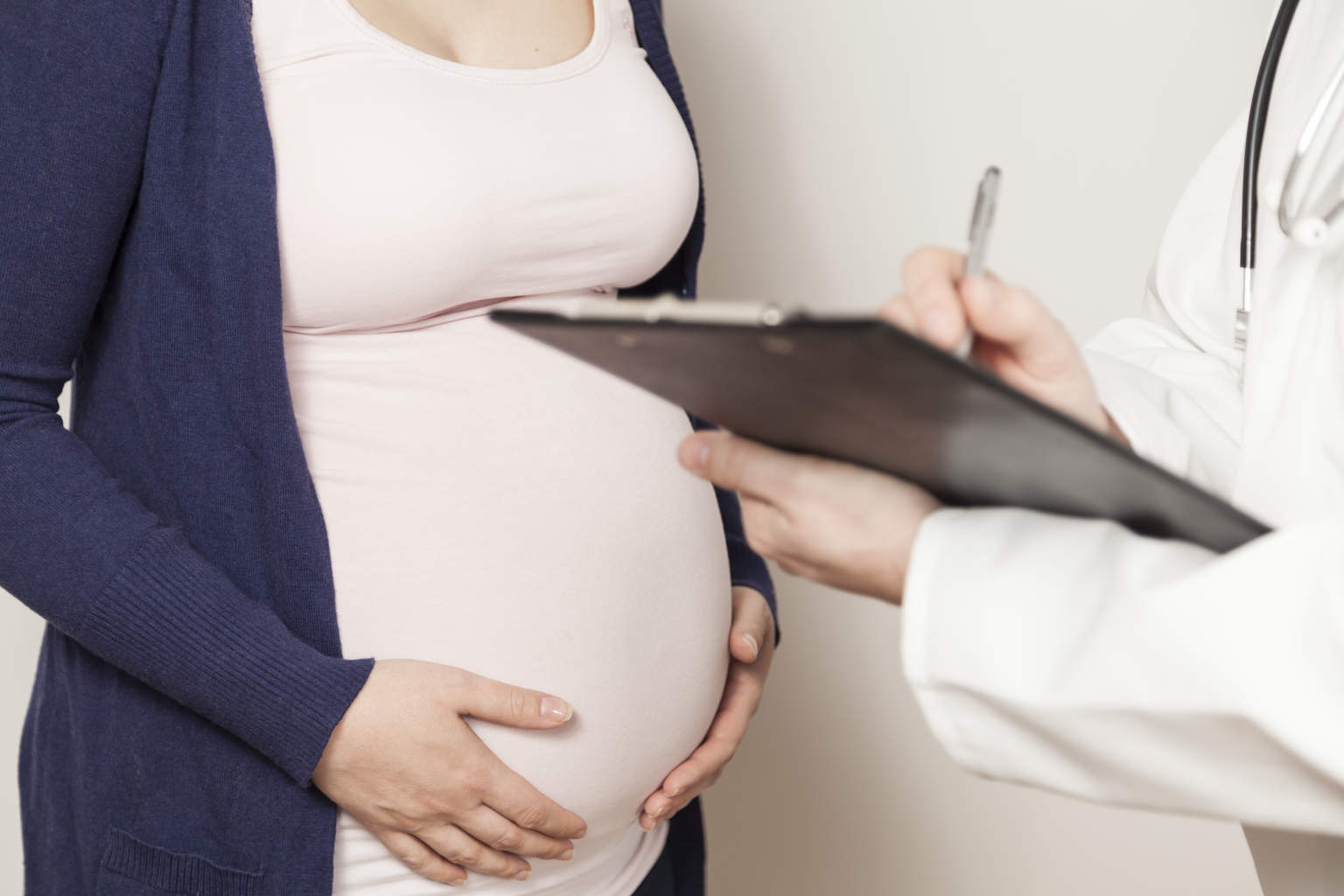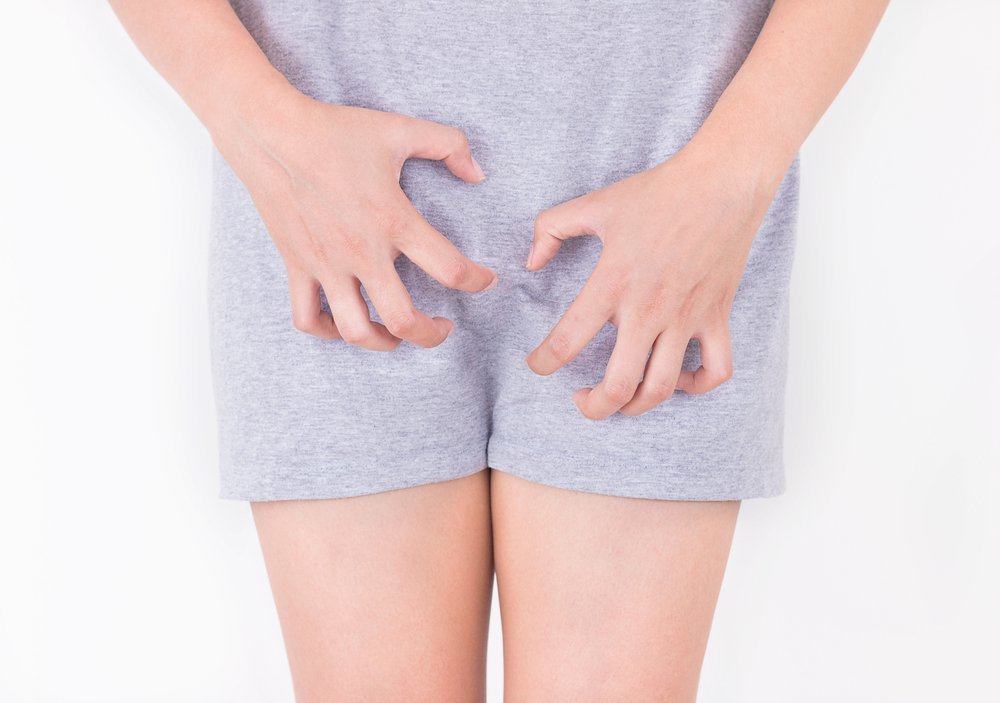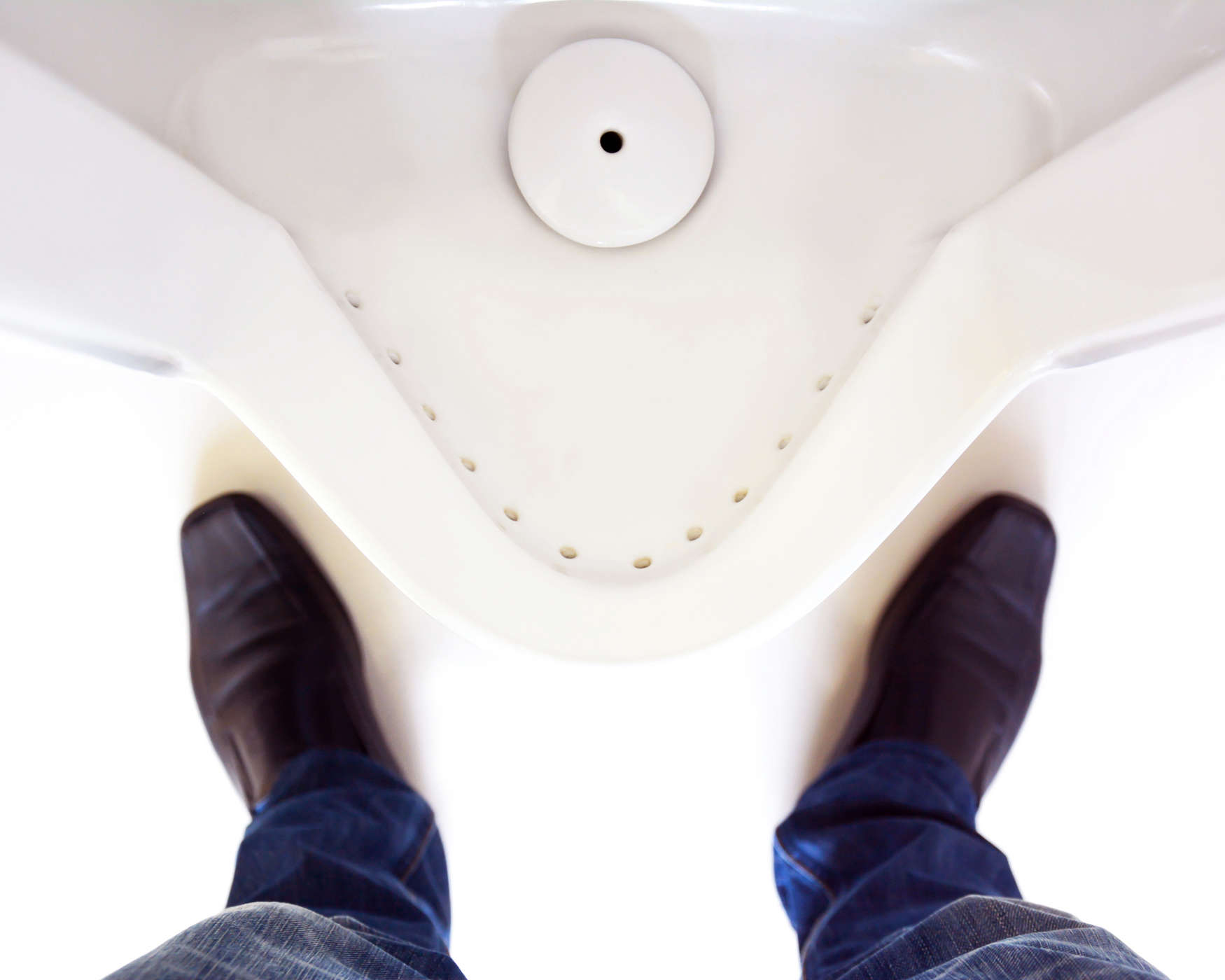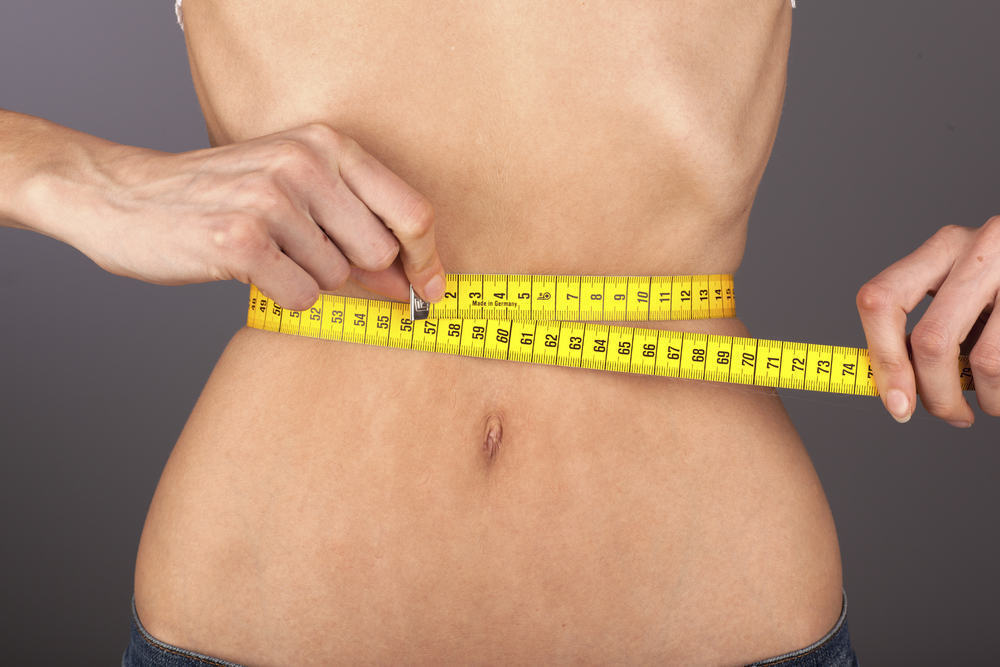Contents:
- Medical Video: Preeclampsia & eclampsia - causes, symptoms, diagnosis, treatment, pathology
- Why is it important to check preeclampsia in pregnant women?
- What should be prepared before the preeclampsia examination?
- Common questions asked by the doctor during the examination
Medical Video: Preeclampsia & eclampsia - causes, symptoms, diagnosis, treatment, pathology
When the pregnancy enters the 20th week, the doctor usually recommends that you do a blood pressure check regularly. This is done to prevent the occurrence of preeclampsia. Preeclampsia in pregnant women should not be underestimated.
If not treated properly, preeclampsia can cause serious complications in the mother and the baby's life. Here are some preparations that you must do to examine preeclampsia in pregnant women.
Why is it important to check preeclampsia in pregnant women?
Preeclampsia is a complication of serious pregnancy caused by pregnant women having high blood pressure. This condition can occur in women who have no previous history of hypertension. If preeclampsia does not get proper treatment, then pregnant women have a high risk of pregnancy complications.
Therefore, pregnant women are usually encouraged to carry out an obstetric examination including regular blood pressure checks. Especially when the gestational age has entered the age of 20 weeks.
What should be prepared before the preeclampsia examination?
Preeclampsia may be diagnosed during a routine pre-natal examination. Here are some things you can prepare to make it easier for doctors to check your condition.
Write down all of your symptoms
Whatever you feel during pregnancy, don't hesitate to ask a doctor. Even if you think these symptoms are symptoms of a normal pregnancy.
Notify medicines consumed
Make a list of the medicines you are taking during pregnancy. These drugs include vitamins, supplements, and supplements that you consume. Don't forget, also tell your doctor about your illness history.
Ask to be accompanied by your closest spouse or relative
If possible, invite your closest spouse or relative every time you do a pregnancy check-up regularly to the doctor. This is done to help you remember all the information provided during your meeting with the doctor.
Ask what you want to know
Make a list of questions that you want to ask the doctor, note the question profit in case you need it.
For preeclampsia, some basic questions are often asked by doctors, namely:
- Does this condition affect my baby?
- Is it safe to continue pregnancy?
- What signs indicate that I should go to the doctor immediately or have to call a doctor?
- How often do I have to do an inspection? How will you monitor the health of my baby?
- What treatments are available and what treatments do you recommend for me?
- I have other health conditions. How can I monitor this condition properly?
- Do I have to limit my activities? What activities should I limit?
- Do I need a Caesarean section?
- Do you have brochures or other printed materials that I can have? What site do you recommend?
Common questions asked by the doctor during the examination
To determine the diagnosis, the doctor will usually ask questions about your health condition and habits a day. Some of the questions that doctors often ask include:
- Is this your first pregnancy?
- Have you had unusual symptoms lately, such as blurred vision or headaches?
- Have you ever felt pain in your upper abdomen that doesn't seem to be related to your baby's movements?
- Do you have a history of high blood pressure in the past?
- Have you ever experienced preeclampsia in a previous pregnancy?
- Do you have complications during a previous pregnancy?
- What other health conditions do you face?
After conducting a question and answer session, the doctor will then do a physical examination or blood test for the next diganosis process. Apart from high blood pressure, women who experience preeclampsia also usually show signs and symptoms such as:
- Protein in urine (proteinuria)
- Low platelet count
- Liver disfunction
- Signs of kidney disorders other than protein in urine
- Fluid in the lungs (pulmonary edema)
- Headache
- Visual impairment
Previously, preeclampsia was only diagnosed if a pregnant woman had high blood pressure and protein in her urine. However, experts now know that it's possible to get preeclampsia even if they don't have protein in the urine.
Blood pressure reading more than 140/90 mm Hg considered as abnormal blood pressure in pregnancy. However, a high blood pressure reading at the first examination does not mean that you must be affected by preeclampsia. But when the second examination shows the same results, it might prove the truth of the doctor's suspicion that you have preeclampsia












